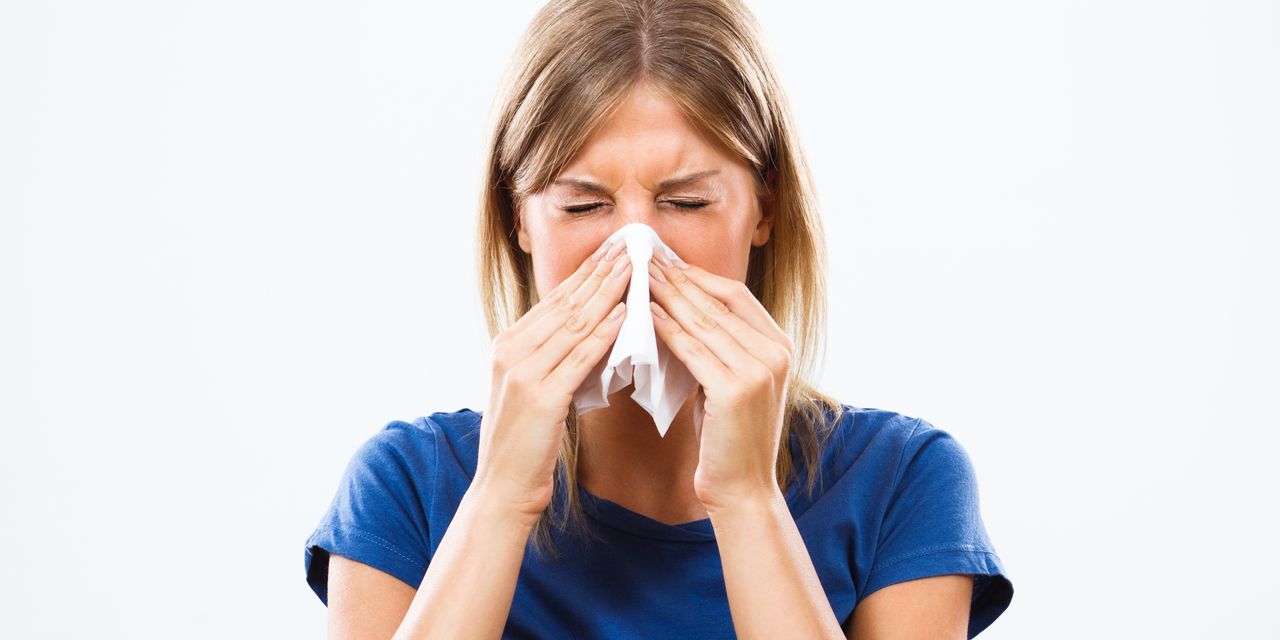The child in the window seat was sneezing and coughing. Passengers nearby grew increasingly nervous that perhaps the kid had Covid-19 and was spreading the virus. The mother claimed allergies; flight attendants said there was nothing they could do.
Sick passengers on airplanes have become a deeper concern for travelers during the pandemic, as this scene was for a friend of mine. The controversy around how airlines treat the sick has grown, since they give passengers a big financial incentive to fly while ill.
Most carriers in the U.S., and many others around the world, charge fliers the difference in fare between their discounted advance-purchase ticket and a new ticket to travel after illness recovery. That often means a one-way unrestricted walk-up fare, usually hundreds and even thousands of dollars more, which some fliers can’t afford and none are happy to pay.
“The pandemic has really underscored the need for a sick-passenger rule,” says Charles Leocha, president of Travelers United, a Washington, D.C., advocacy group. “Something needs to be done to give people an affordable alternative.”
He faced the issue when he got sick in Spain four years ago. Delaying his trip home would cost $2,000 in airfare, even though he had a note from the doctor who had just treated him at a hospital for an infectious lung ailment, as well as X-rays. Rather than wait until his fever and cough subsided, he got on the flight—and soon after began advocating for a rule addressing very sick passengers.













































